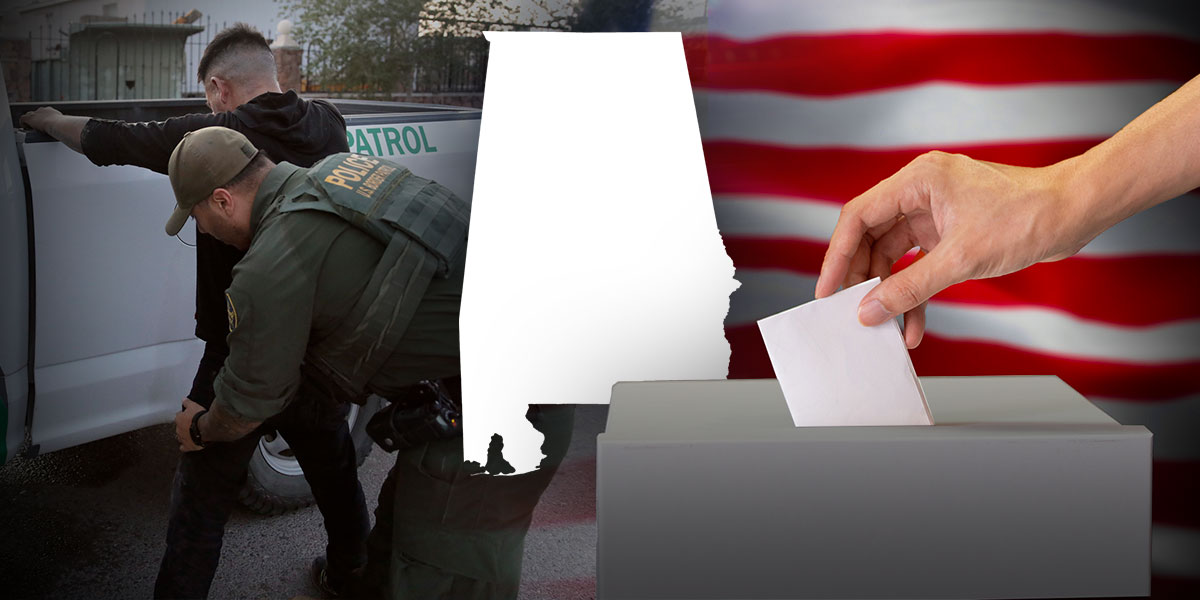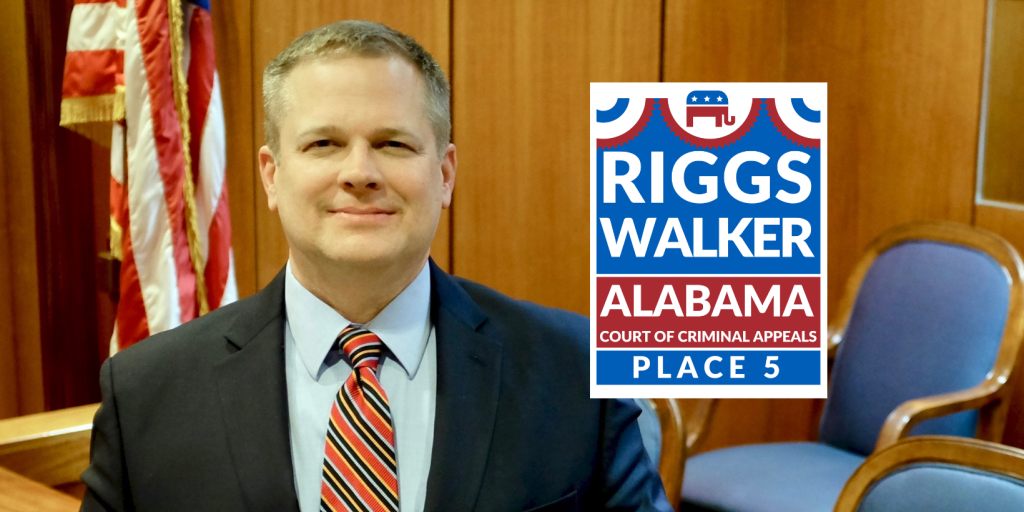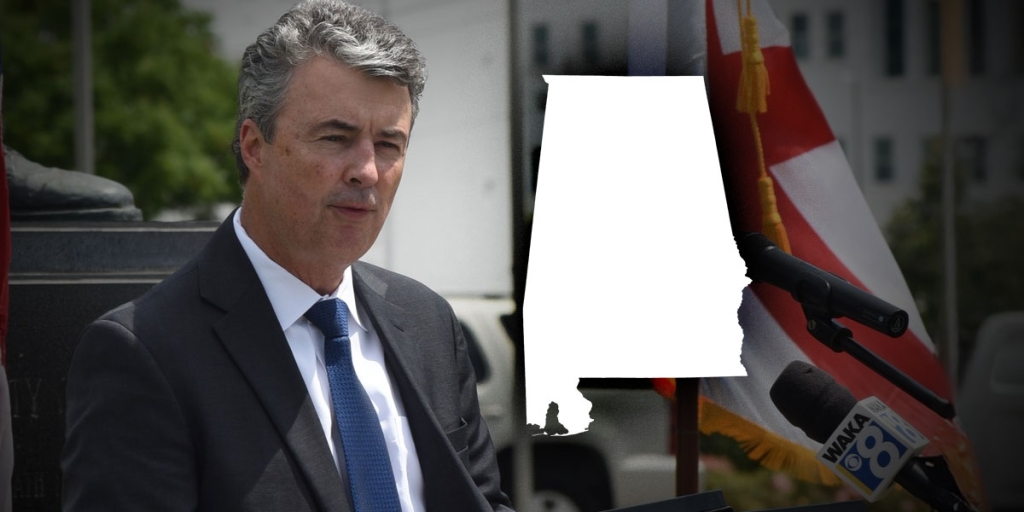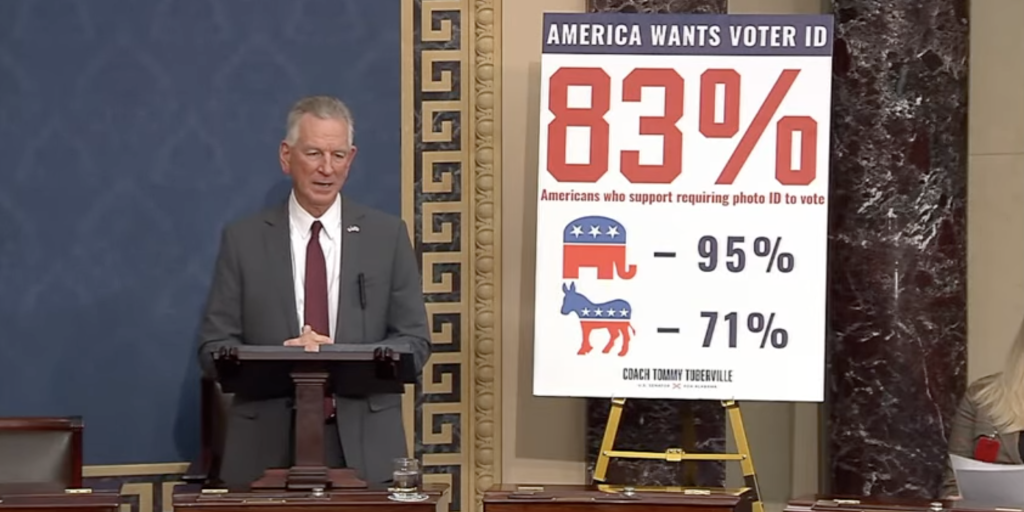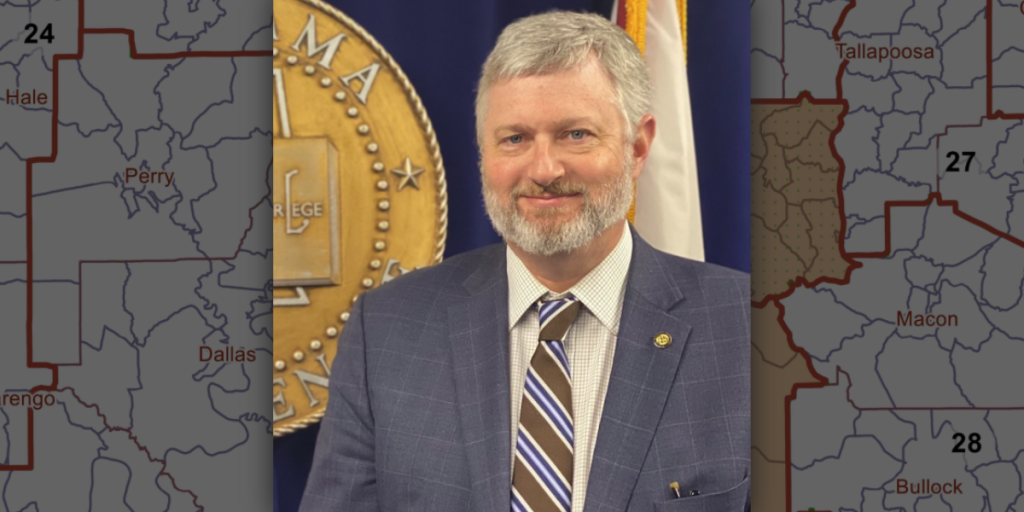As the 2025 state legislative session comes to a close, Governor Kay Ivey on Monday signed two bills that will further support the Trump administration’s historic crackdown on illegal immigrants.
They also are an attempt to end any incentives for those in the country illegally to take up residence in Alabama.
The governor signed SB158, designed to strengthen Alabama law against illegal immigrants and other noncitizen voting, and SB63, requiring law enforcement to collect and submit fingerprints and DNA samples from illegal immigrants already in custody.
RELATED: Senators crack down on illegal immigrants in Alabama by passing trio of bills
“Alabama is taking steps to protect our communities from impacts on public safety and the integrity of our elections,” Ivey said. “These bills will do just that by closing a loophole in state law concerning voter ID while also further enhancing law enforcement’s ability to effectively identify illegal immigrants with criminal records.”
SB158, introduced by Senator Will Barfoot (R-Pike Road), prohibits the use of foreign national driver licenses as a form of photo identification for voting in Alabama. Previously, Alabama law did not directly exclude these licenses as a valid form of photo identification for voting in the state.
Alabama Sec. of State Wes Allen also recently praised the bill’s passage.
“I extend my sincerest gratitude to Senator Will Barfoot and Representative Treadaway for sponsoring SB158 and for pushing it to the finish line. This legislation codifies an important common-sense election integrity measure that will protect the vote of every Alabamian,” Allen continued. “Because of their work, and every member of the Alabama legislature that voted for this bill, Alabama elections will be protected and fortified in the future.”
RELATED: Fox News highlights Alabama lawmakers going on anti-illegal immigration blitz
SB63, introduced by State Sen. Lance Bell (R-Riverside), requires law enforcement to collect and submit fingerprints and DNA from illegal immigrants already in custody to speed up the process of biometric data collection.
“This bill comes from where, in Talladega County, several years ago, an individual was on trial. During that trial, a witness said, ‘Hey, you’ve got this guy charged under this name, but he’s really so-and-so, and I think he’s wanted for murder in California,’” Bell said when it passed the Senate. “They went back, checked his DNA. Sure enough, he was wanted in a different name in California for murder. So that linked him there. Our Department of Forensic Sciences has a great [Computationally Optimized DNA Assembly] system and good database, and they are solving a lot of crimes on that. And this is just one more group of individuals to put into that that we already have available.”
Both bills passed the Legislature with bipartisan support.
Yaffee is a contributing writer to Yellowhammer News and hosts “The Yaffee Program” weekdays 9-11 a.m. on WVNN. You can follow him on X @Yaffee




